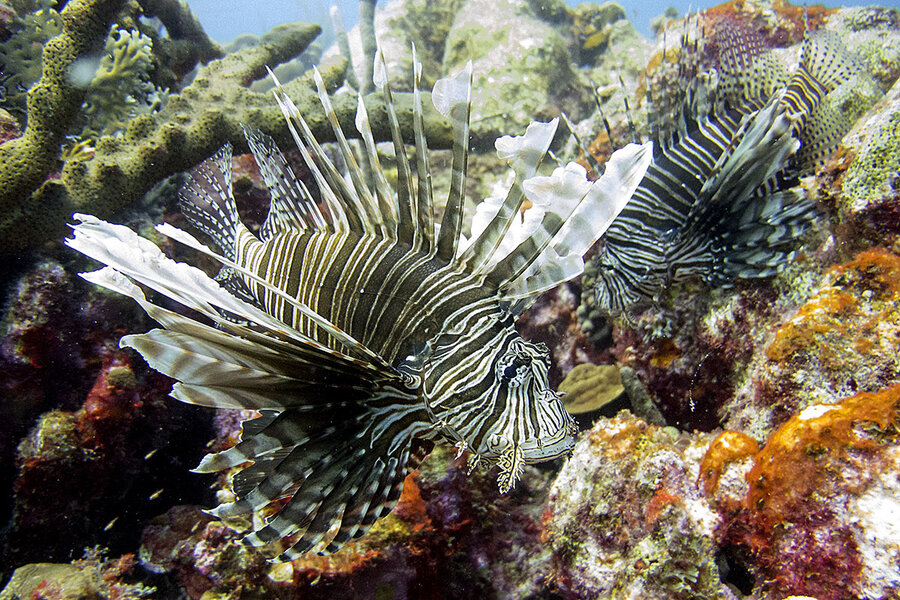for what its worth,likely nothing aa usualperhaps the old o.... is pretty well ok after all duh
Most People Don't Actually Feel Euphoric When They Take Opioids, Study Finds
By
Nicoletta Lanese - Staff Writer 2019-10-28T15:48:48Z
Health
Opioids are known to spark feelings of euphoria in users, but does everyone really share the same experience?
(Image: © Shutterstock)
Opioids jump-start the brain's reward system, provoking a burst of pleasurable feelings along with a dizzying drug-induced high. At least that's what scientists used to think.
But mounting research suggests that the average person doesn't actually reach this euphoric state on opioids, particularly not the first time they try it. In fact, people who are not addicted to opioids may feel subjectively worse after taking the drug, according to cognitive neuroscientist Siri Leknes.
"I think that the notion that opioids [always] cause pleasure is a myth," said Leknes, who is a principal investigator at the University of Oslo in Norway. An individual's reaction to opioids depends on many interwoven factors, such as where the person is, their mood, previous drug exposure, genetics and metabolism, she explained. If scientists assume that opioids spark euphoria in most people, they run the risk of overlooking important differences in how individuals react to the drugs, whether on the operating table or in the addiction clinic.
Leknes presented her
preliminary findings on Oct. 20 at the annual meeting of the Society for Neuroscience in Chicago. Specifically, her new work investigates the effects of the drug remifentanil, an opioid commonly given before minor surgical operations to relieve pain, ease anxiety and boost the effects of anesthetics, according to the
Mayo Clinic.
Related:
9 Weird Ways You Can Test Positive for Drugs
Once administered, remifentanil flips switches in the body and
brain known as mu-receptors, according to the
U.S. National Library of Medicine. Mu-receptors sit within networks of cells that regulate pain in the body. Opioid drugs can relieve pain by tampering with the signals that race through this circuitry.
But cells bearing mu-receptors also link up to the brain's reward system and can spark feelings of intense pleasure, or euphoria, according to the
National Institute on Drug Abuse. Opioid users can get hooked on this euphoric experience, develop drug cravings and dependence over time, and continue taking the drug to avoid withdrawal symptoms as their tolerance builds.
"However, that's not to say that addiction is solely driven by the amount of pleasure," said Brian Kiluk, a clinical psychologist and psychiatry professor at Yale School of Medicine, who was not involved with the new study. "Not everyone experiences the same level of euphoria from opioids, and not everyone that uses opioids will develop an addiction or opioid use disorder," Kiluk told Live Science in an email. Scientists are still unpacking exactly why individuals react differently to the drugs, he said.
But so far, most opioid research has been conducted with current or former addicts as participants, Leknes said, with some studies going so far as to only include participants who say they enjoy taking the drugs. This bias in the literature may make opioid-induced euphoria seem commonplace, Leknes said, but she wondered whether the average healthy person finds bliss while hooked to an opioid drip.
So, Leknes and her colleagues studied how 160 patients reacted to remifentanil before undergoing minor surgery. Study co-author Gernot Ernst, an anesthesiologist and neurobiologist at the University of Oslo and Kongsberg Hospital in Norway, asked the participants to rate how good and how anxious they felt before the drug was administered.
One to 2 minutes after the infusion, the drug took full effect, and Ernst asked the same questions again, as well as how much the patients "liked" the drug effects, what level of drug-related discomfort they experienced and how high they felt. Leknes once received the same dose as part of a different study and recalled feeling as though the room were "spinning" as a wave of warmth rushed through her body.
Across the board, the patients reported feeling high after receiving remifentanil, but on average, they actually felt 0.5 points worse on a 10-point scale after taking the drug. In other words, the high they felt was unpleasant rather than euphoric. This dip in well-being appeared steeper in individual patients who had never taken opioids before, Siri said. Both ratings of liking and disliking the drug effects hovered around 5 on the 10-point scale.
Related:
The Drug Talk: 7 New Tips for Today's Parents
A small subset of people did report feeling slightly better after the drug was administered, but even these participants still gave the experience a 5 out of 10 on the "liking" scale. In other words, clearly no one reached euphoria on the operating table in the course of the study.
A
2008 study backs these preliminary findings, having found that infusions of remifentanil left healthy volunteers feeling negative and ill at ease rather than euphoric. Recent studies of other common opioids, such as
oxycodone, have also challenged the idea the drugs cause most people to experience pleasure, showing instead that many participants disliked the drug effects. In
previous work, Leknes' lab found that the opioid morphine only modestly improves a healthy person's mood — when it elicits any change at all.
Of course, anecdotally, Leknes said some patients report enjoying their opioid high on the operating table. Some describe the sensation as similar to a "champagne feeling," referencing the sensation of getting a teeny bit tipsy after drinking sparkling wine. "But we don't seem to have captured any of those people in this study," Leknes said.
While no participants reached joyous rapture in Leknes' investigation, a different
2019 study, published in the
British Journal of Anaesthesia (BJA), suggests that taking remifentanil may make other experiences, like watching a movie, more pleasurable in the short term. The drugs also appear to suppress negative responses to stimuli while boosting positive ones, which "may be one of the reasons behind the first opioid experiences developing to an opioid use disorder," the authors wrote.
"Pleasure-seeking individuals might be interested in taking another dose of an opioid if available, which in the long run might then lower the threshold to continuous opioid use," Tarja Heiskanen, a specialist in anesthesiology at the Hospital District of Helsinki and Uusimaa in Finland and co-author of the BJA paper, told Live Science in an email. However, limitations of the BJA paper make it impossible to say that remifentanil was truly behind the reported pleasurable experiences, according to Leknes.
Going forward, Leknes aims to learn how the effects of opioids change, depending on a person's current mood and setting. For instance, while some people first encounter opioids in a sterile, scary clinical setting, college students "generally seem to take opioids before going out," she said. Both sets of people may run the risk of developing an opioid addiction, but their roads to dependence likely diverge. How does euphoria fit into each experience?
"I think it's especially important to point out that opioids do not reliably cause pleasure or relief of subjective stress and anxiety in the lab or in stressful clinical settings," Leknes added in an email to Live Science. Doctors can't assume that an opioid will calm their patient on the operating table, and models of opioid addiction should acknowledge that not everyone begins abusing the drug in search of euphoria, she said.
"The notion that people become addicted to drugs because they initially chose to take these drugs for pleasure is a belief that stems from a different time, in which we believed addiction to be a moral issue rather than a medical one."
Originally published on Live Science.

























